Omar Souleyman’s own promoters have labelled Bahdeni Nami as his “second proper studio effort”, but this does little to convey the man’s career. Performing since 1994, Souleyman has made over 500 recordings, the majority of which were released as cassettes of his performances at wedding ceremonies in his native Syria, the resale of which has created a black market cassette exchange at Syrian and Iraqi market places. It wasn’t until Sublime Frequencies compiled some of these tracks onto the 2007 record Highway to Hassake that he gained significant exposure outside of the Middle East. The one previous studio effort to which the promoters refer was 2013’s critically acclaimed Wenu Wenu, produced by Four Tet and released on Domino imprint Ribbon Music.
Souleyman’s music falls into the dabke tradition – a style of folk Arabian dance music defined by pounding, careering rhythms that he and Four Tet’s Kieran Hebden discovered allows for a relatively natural crossover with Western dance styles. Whilst dabke revolves around organic instrumentation, notably the saz (a stringed instrument not unlike a lute) and keyboards, Souleyman and Hebden successfully fused these to synthesised bass beats, and the collaboration continues here. Four Tet this time produces just one of ‘Bahdeni Nami’s seven tracks, but Modeselektor, on whose label Monkeytown this album is released, and Gilles Peterson have also lent their talents.
You might think that a four-to-the-floor Arabian-Western dance fusion album would be no less niche than traditional dabke music anyway, but the truth is that progressive minds in the electronic music community have been incorporating disparate ethnical genres for decades. At first encounter, it can feel jolting – especially here as the album opens with a 2-minute dabke piece ‘Mawal Menzal’, free of Western influence, before moving into the Four Tet-produced title track. The purity of Souleyman’s music initially feels violated by the synthesised keys sound and the generic beat. But such irritation is short-lived, and quickly it becomes clear that there is no compromise here – Souleyman’s intricate, lightning-fingered saz solos and impassioned vocals are just as they were on the old crackly cassettes, only now they are crystal clear and professionally mixed. The clarity is welcome – the speed at which the band plays is difficult enough to keep up with without a C90 crackle to deal with as well. In Hebden’s hands, the danceability is accentuated (although it’d be pretty obvious anyway), ensuring that the extended solos and multi-layered melodies are underpinned with a vibrancy that is frankly irresistible.
It is Gilles Peterson who balances the two worlds most elegantly. He produced ‘Tawwalt El Gheba’ with an unobtrusive touch, sticking the closest to the indigenous nature of Souleyman’s heritage. Here, the saz takes central stage, searing for most of the 8 minute run time (about the average length for this album). The only tracks that feel more organic, and so more authentic, are the two tracks produced without established Western hands: the aforementioned opener, and ‘Darb El Hawa’, which by Souleyman’s standards is a slow-burning, melancholy jam. These two offer a welcome call-back to Souleyman’s roots, but their presence is a reminder of the juxtaposition at work on the rest of the album, and momentarily you are reminded of the culture clash.
The album ends awkwardly with a Legowelt remix of the title track. An entirely electronic re-interpretation, its squelching, processed imagining is not without merit, but would be much better suited on a separate 7”, which is where Black Lips’ Cole Alexander’s remix has found itself. Nevertheless, Bahdeni Nami is a predominantly successful continuation of the East-West fusion that began on Wenu Wenu, and its best moments deserve to be lighting up some of the more adventurous dance floors across the world in 2015.
Release Date 24/07/2015 (Monkeytown)
Omar Souleyman Facebook | Twitter | Soundcloud
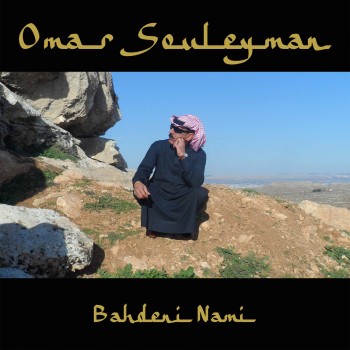
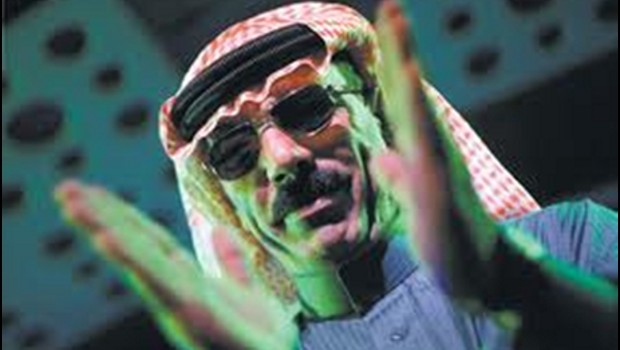


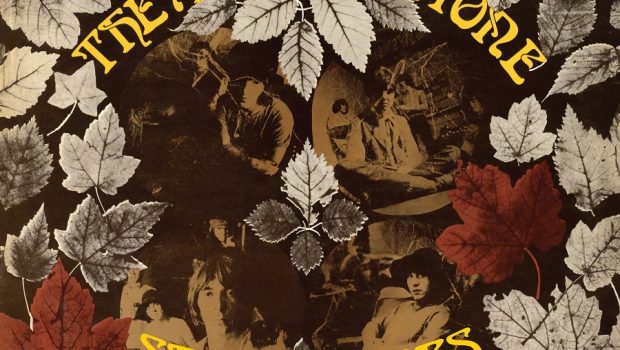
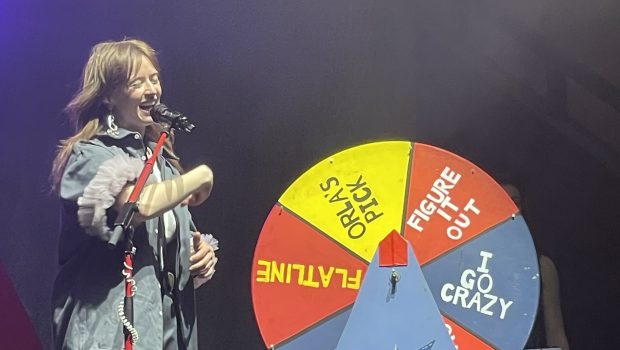
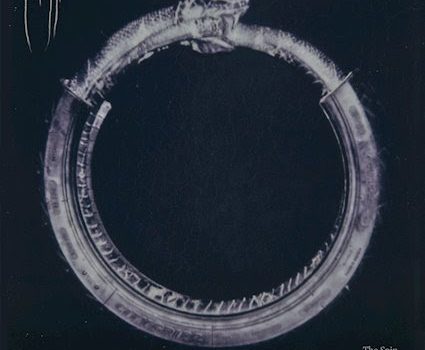



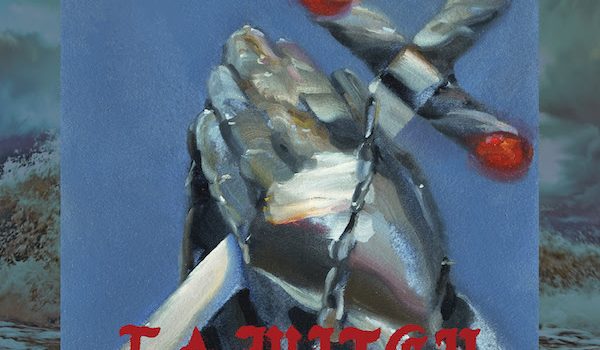
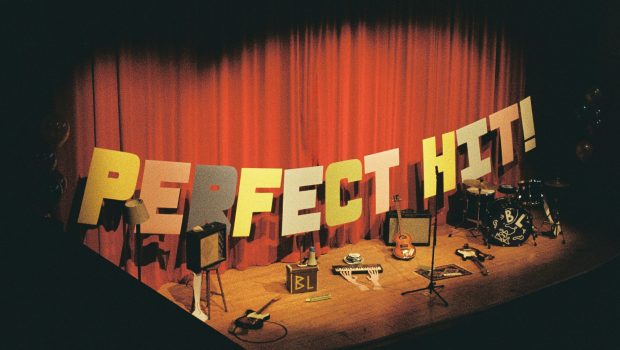
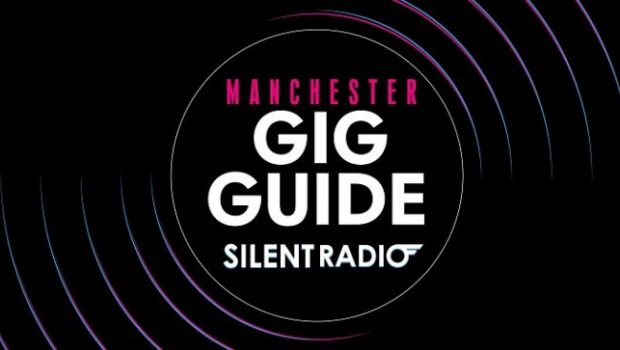


This guy’s a real find. Great alternative ‘dance’ music